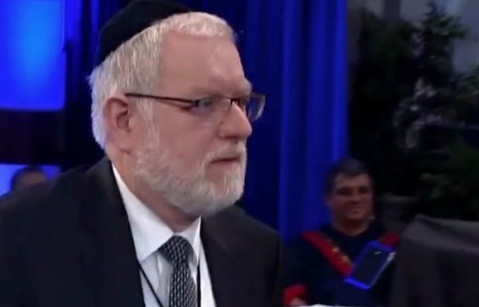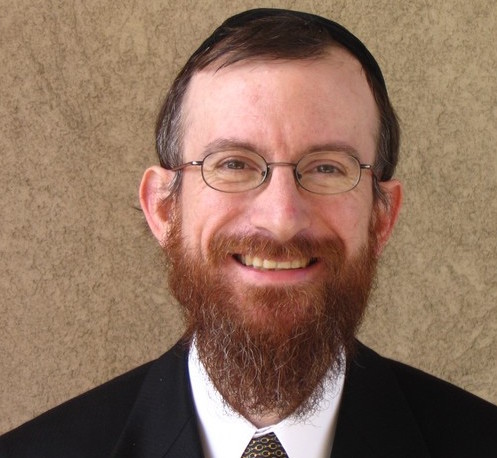Orthodox suggest failing Conservatives try ‘substance’
Rabbis Lerner and Menken call Torah, not ‘PR,’ the answer
Responding to a dramatic decline in membership, the Conservative Jewish movement’s congregational arm has hired the Good Omen PR agency to survey hundreds of its members and “develop a new ‘position statement’ for the United Synagogue of Conservative Judaism (USCJ).” Explaining their need, USCJ CEO Rabbi Steven Wernick described “a level of uncertainty about precisely where the ‘brand’ of Conservative Judaism sits in our members’ lives.” The problem, however, is far more essential than branding.
According to the Pew Research Center’s survey of American Jews in 2013, the once-dominant Conservative movement has lost one-third of its members in the past 25 years. It now comprises merely 18 percent of American Jews—and only 11 percent of those under 30. The Avi Chai Foundation’s Day School Census determined that enrollment in the movement’s Solomon Schechter schools plummeted 44 percent in the past 15 years. Wernick responds to these daunting numbers by saying, “We need to stop shraying our kups about everything that is bad, and get to work.” But will they do what must be done?
The movement has traveled this road before. Less than 30 years ago, there were early indications that the movement was past its heyday. At that time, the Jewish Theological Seminary (JTS), Rabbinical Assembly, and USCJ formed a joint commission to create a statement of principles for the future of the Conservative movement—a document called “Emet Ve’Emunah.”
It was hardly the success they touted it to be; the commission was unable even to agree upon Who or what it worships. Instead, it validated divergent perceptions of G-d ranging from a Supreme Being found in the Bible and a vague “god” who is “not a being to whom we can point,” but simply a force “present when we look for meaning.” The movement discarded previous standards and offered no guidelines—it simply endorsed the disparate views of its members.

 61.0°,
Mostly Cloudy
61.0°,
Mostly Cloudy 







